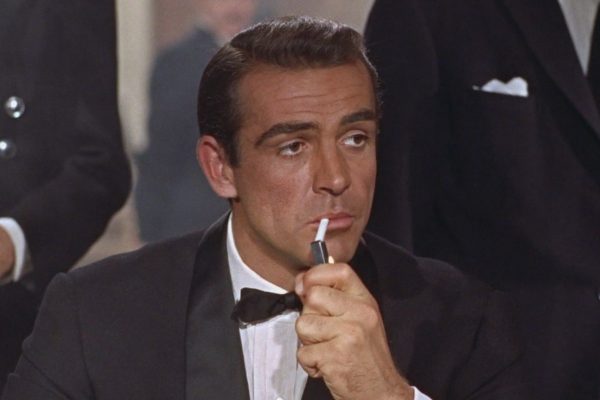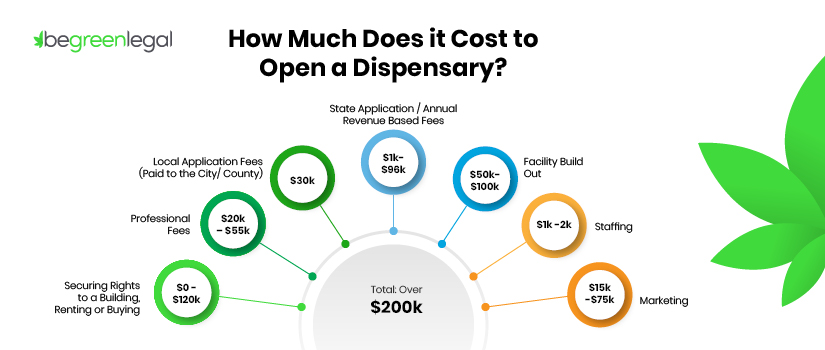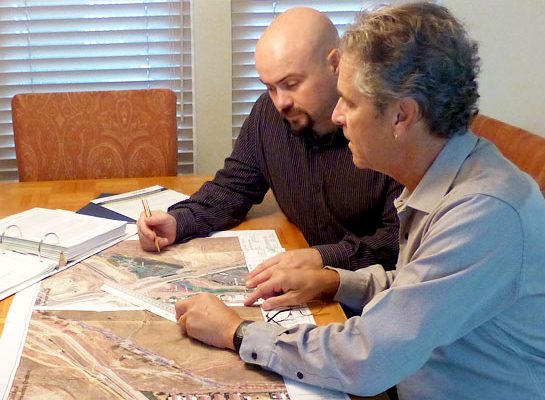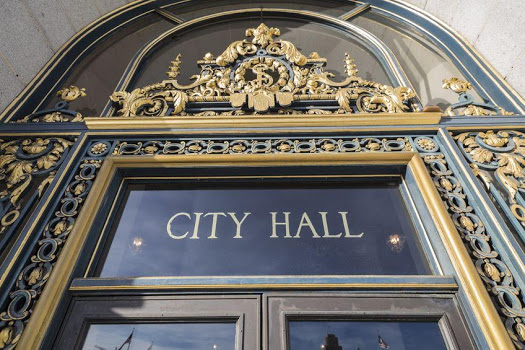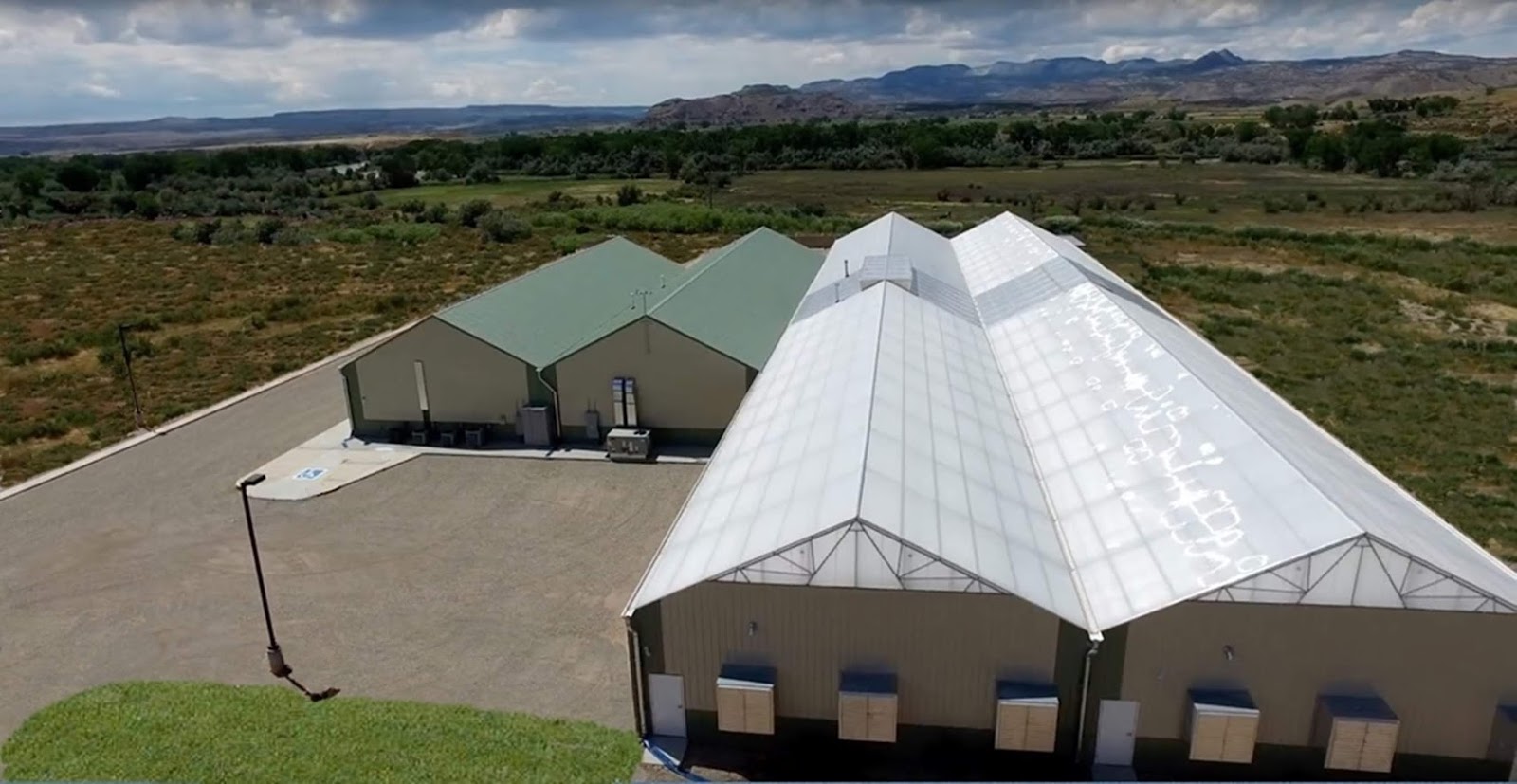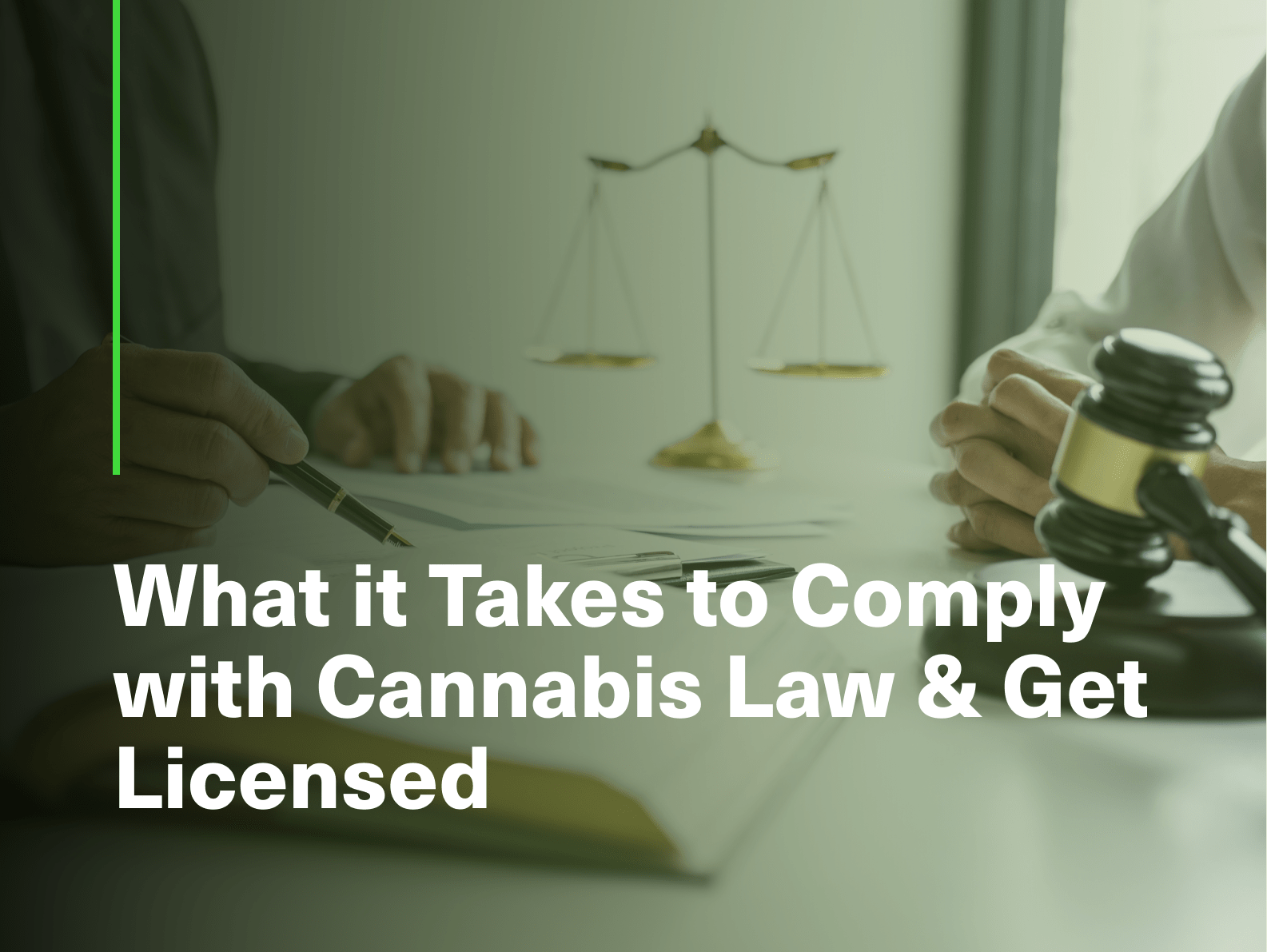By far the most common question BeGreenLegal gets in its inbox or on client calls is “How much does it cost to start a dispensary?”
If you’re wondering the same thing, we have two answers for you.
The short answer: A lot!
The long answer will take a few more paragraphs but will be well worth your while to read if you want to open a dispensary in a regulated state like California.
But before jumping to the dollar signs, let’s address the elements that aren’t as financial in nature but perhaps just as important to opening a state licensed dispensary: luck and charm.
Luck
You should note that your desire to open a dispensary is shared by thousands of individuals with wide ranging budgets and passion to spare. Sometimes the difference between you opening a dispensary versus one of them may have to do with nothing but dumb luck.
Most states have granted local municipalities the option to prohibit cannabis activity and most have opted to do just that, especially when it comes to retail dispensaries. Your rights to land or a building that gets “green-zoned” could put you in the driver’s seat in the race for a license. What was just a regular strip mall or warehouse yesterday, may become the hottest property on the market tomorrow and if it does, take advantage of it!
Your luck may not be as direct. Perhaps you happen to have a great business reputation and network in a town that wants to dip its toe into legal, regulated cannabis and is willing to allow a small number of proven entrepreneurs to get licenses and open up a dispensary. A few of our clients have been able to parlay their existing non-cannabis track record into licenses in cities that are placing great weight on the character of the applicant.
Charm
Your charm factor, how much do people like and trust you, is a critical part of getting licensed for a dispensary. This very valuable trait comes into play in two separate but very related areas: local permission/selection and ability to rent a space from a potentially reluctant landlord.
Your local civic leadership on the City Council, Planning Commission, Police and Fire force and many more will most likely all have a say in whether or not you get the chance to open up a dispensary. As almost all cities have limits on how many licenses will be issued, there is going to be competition. Even if you win the merit or lottery, the leaders will vote on you in public after giving the community a chance to speak for or against you and your business plan. These leaders do not want to be embarrassed and will not endorse the applications of people they don’t like or trust. If they don’t endorse your application, you could waste tens or hundreds of thousands of dollars and many months of time.
Similarly, but not as formal, is a landlord’s need to like and trust you to be considered as a tenant. Many owners are scared of cannabis, fearful of seizure by authorities, crime and general disruption to their business. Whether a city will allow cannabis operations on their property or not is not the only issue, they may need to be convinced it is worth their trouble both financially and emotionally.
NOW, THE MONEY
There are several cost components that go into answering the “How much does it cost to open a dispensary?” conversation and they are spread across a wide range of time and milestones. Let’s tackle them in chronological order.
1. Securing the Rights to a Building, Possibly Renting or Buying it.
Almost every city requires you to submit an application on a specific piece of property and include the land owner’s written consent to use it for cannabis retail. In order to get this consent, you may have to enter into a contract, perhaps even a lease. If you can get by with a written option, with or without compensation, that’s fantastic! However, many of the applicants we are aware of have had to lease a space well in advance to secure it.
This expense is the real wild card and what makes those lucky people that inherited a right to open a dispensary on a building that much more lucky.
You can pencil in anywhere from $0 to $120,000 for this item, as many people have paid rent for over a year prior to being locally approved.
2. Professional Fees Related to Local Applications.
Firms like ours, lawyers and other professionals are essentially required to properly and completely submit an application to the local officials. We speak their language, know the applicable regulations and ordinances. We are trained and experienced in developing packages that get approved. In some cities, specific professionals are required to sign off on your application, like a licensed security firm or an industrial hygienist. In every case, compliant, well thought out design and layouts of the space are critical to the city’s approval. Our team includes draftsmen and architects who know how to get the most of out of a space, while still complying with the law and focusing on profitability.
You should anticipate paying somewhere between $15k and $35k for professional services depending on your skills, whether you have an entity already formed, the condition of the building and the requirements locally for approval.
3. Local Application Fees, Paid to the City/County.
Fees paid directly to a city or county range from a thousand or so to upwards of $30k when you factor in Conditional Use Permit (CUP) fees. Many cities seem to be following a trend of a steep initial fee to limit the players immediately, keeping the small players on the sidelines wondering about what could have been.
4. State Application Fees & Consulting Services.
Once you are approved at the local level, which may take at least six months and probably up to a year, you will be required to apply for your state license. This has an upfront $1k fee plus an estimate of your upcoming annual revenue based fee, which tops out at $96k per year.
If your local application was thoroughly prepared by a professional, you should expect another $5 to $10k in consulting fees for these, more technical in nature, proceedings. If you “skated through” locally, you can expect a rude awakening from the state and you should be prepared to spend $20k or more at this stage on professionals.
5. Facility Build Out, Including Security Enhancements & Compliant Flow.
Assuming you have your local permit and your state license in hand, you probably need to invest some decent money in a build out or renovation of your space for compliant dispensary operations. You may be able to get your landlord to include this in exchange for higher rent. Even the smallest shop will still need to have the proper spatial divisions in place to securely store (perhaps in safes) the inventory, keep records, security safes, conduct its managerial business as well as a sales floor and/or counters for retail.
This line item is very case specific, but it should not surprise you to spend $50k to $100k in this area to compete with the modern dispensary look that is common in most markets.
6. Equipment, Case Goods, Technology
You will need display counters, Point of Sale (POS) systems, security systems, computers, video menu boards, furniture, scales and much more to properly outfit your dispensary to the standards people expect these days. Anticipate investing at least $30k in your furniture and fixtures, but potentially far more. You may want to enlist the help of some brands and distributors in exchange for the marketing of their products.
7. People
You can’t just open up the day your certificate of occupancy arrives in the mail. You need a talented, well trained staff to take care of your patients and clients. It will take some money to recruit, sign and train them at least for a week or so prior to the grand opening. You should anticipate at least $1 to $2k per staffer at a minimum.
8. Marketing
As much as opening a dispensary may seem like the field of dreams, where you build it and they will come; that is not always the case. You will need to do outreach, develop a network of interested clients from all walks of life to consider your dispensary with their disposable income. You may want to rent a billboard, hire a PR professional, an outbound education manager, and pay for spots on platforms like Weedmaps and the like. You could probably bootstrap here if you had a great network and used social media well, but expect to invest at least $15k but as much as $75k in some markets.
So, you will likely need to invest over $200k to get your dispensary ready for business in addition to any rent amounts required by your landlord, if any.
PS –
DON’T FORGET THE “OPENING SOON” EXPENSES
The expenses above will be spread out over a year most likely and that can take some of the sting out of them. However, right before you open your dispensary, you’ll need to some serious cash to launch properly. Some additional expenses that will tie to your opening day are packaging, swag, payroll and of course inventory. You will want to arrange the best terms possible with your distribution partners and arrange for some flexible replenishment schedules as you feel out the market.
HOUSE BRANDS?
If you want the ultimate in customer loyalty, you may want to consider curating your own house brands, found only at your dispensary. To do so will require some networking, contracts and significant investments in product packaging and inventory that is only available to you. This may range from $100k to $500k depending on your appetite.
If you have found the answers you were in search of and want to move forward with your dispensary business plan, the team at BeGreenLegal is here for you. If you still have a few questions, then schedule a 30 minute consultation today.



